Microsoft Word (simply referred to as Word) is a sophisticated word processing application program/package specially designed for performing various word processing tasks, such as typing, editing and printing out of textual information. It allows adequate control over the creation and presentation of the typographic work. Microsoft Word also offers facilities for basic graphic design, statistical report of a document, spelling and grammar checking tasks, etc. These and numerous other features and facilities Word offers make it stand out among word processing programs, as well as make the difference between it and other mechanical devices for word processing (e.g. typewriter).
What this course offers:
- Topic 1- References Ribbon
- Topic 2- Custom Styles
- Topic 3- Mailings Ribbon
- Topic 4- The View Ribbon



